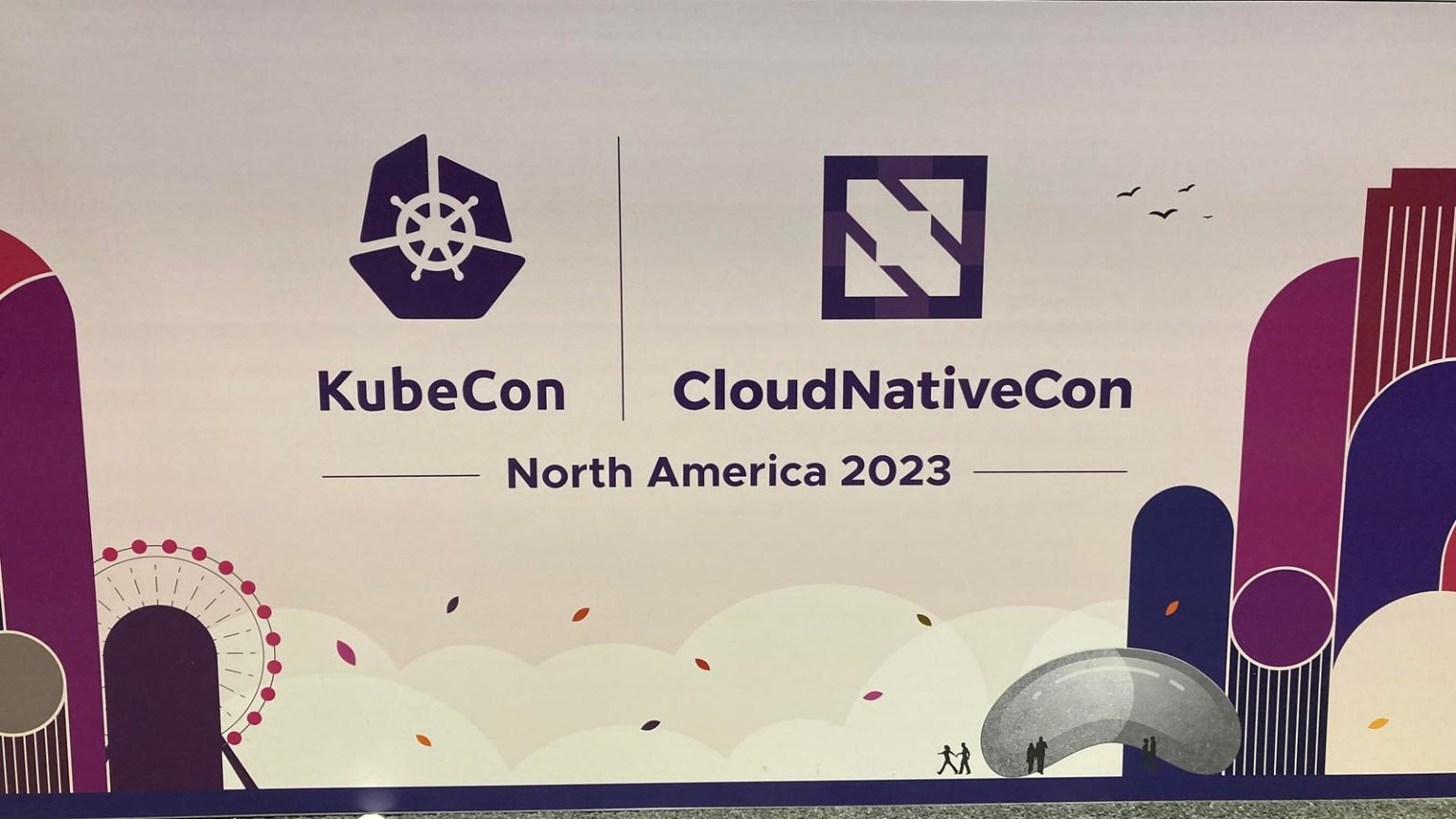Operators have arrived at KubeCon, signalling Kubernetes’ transition to a mature and important platform for organizations that make money.
Kubernetes is no longer just a science experiment used by giddy developers testing out new ideas, most of which fail. It now supports successful initiatives that make real money for businesses large and small. With revenue and profits on the line, the people tasked with keeping infrastructure alive—the operators—have well and truly arrived at KubeCon.
In previous years, KubeCon has been dominated by developers. While they remain a driving force behind the conference, a rebalancing of sorts has occurred. More people with infrastructure and operations roles are attending, looking for knowledge and tools that handle the boring but important task of keeping systems online and working at their best.
More senior people are also attending, with roles that span development and operations. They take a more strategic view, and are looking for information about systems, tools, and culture. Kubernetes is not their sole focus, but it has become an important component of their portfolio, one that demands attention and—importantly—budget.
The serious money has arrived at KubeCon.
“Everyone’s figured out how to go fast. Now with external market forces it’s shifted to being about security and trust. How do you deliver that without blowing up your speed?” said Sean Pratt, Senior Product Marketing Manager at JFrog.
Organizations aren’t abandoning their developers—far from it. Organizations are restructuring their teams to make development one part of a greater whole. Where techniques like Agile and DevOps were a reaction to cumbersome and outdated processes that were stopping necessary change from happening, they also created new silos that were disconnected from important enterprise controls like security and governance. The pendulum is now swinging back from this extreme.
“We’ve not lost sight of what empowers developers to be more effective. We’ve brought all of the teams around them that need to support them into that same experience,” said David DeSanto, Chief Product Officer at GitLab.
Where previously developers had to conform to outdated corporate practices preferred by operations, security, compliance and others, now the refreshed developer experience is moving out to these other teams. Practices like infrastructure-as-code use the same automation and collaboration techniques developers have embraced to become more effective. Teams are putting security policies under version control and working in the open on shared platforms like GitLab. Even HR in some companies is absorbing the open source ethos of transparency and collaboration.
Kubernetes, and the wider open source ecosystem that surrounds it, has become a question of how, not if. The more innovative companies that adopted Kubernetes early have experimented and discovered what works, and what doesn’t. Now the early majority of more established companies are skipping the fraught process of discovery and simply adopting what has been shown to work well.
There is no single ‘right’ way to do things, as different companies have different needs. That’s why they come to KubeCon to learn about the options on offer. Previously it was about learning about what might happen in the future, if these wild and enthusiastic open source folks turned out to be right. Now it is a process of sifting and selection, of finding partners in the Kubernetes ecosystem that solve a customer’s problems. That Kubernetes will play a role is almost a given.
Intriguingly, some are looking to projects like KubeVirt as a way to consolidate their platforms. Rather than continuing with separate silos, one for virtual machines and one for containers, there is a noticeable desire to unify infrastructure on a single, preferred platform. Nervousness about Broadcom’s future plans for VMware—assuming the acquisition completes—is behind some of this desire. Others simply view proprietary, VM-centric platforms as an outdated approach they will inevitably migrate away from. The question is how and when.
Companies know more about what they want to achieve with Kubernetes now, and the economic impact it will have. Concrete business cases are being drawn up with budgets attached, budgets from large and non-discretionary operational business units, not optional R&D skunkworks projects.
The value of Kubernetes is now clear. How vendors at KubeCon can capture some of that value in exchange for solving genuine business problems is where the focus will be from now on.
Justin attended KubeCon + CloudNativeCon as a guest of the Linux Foundation.
Read the full article here





